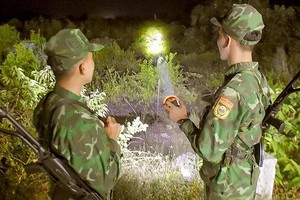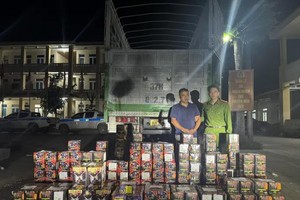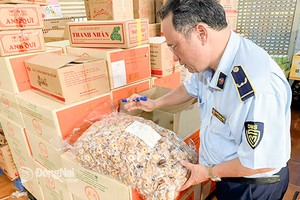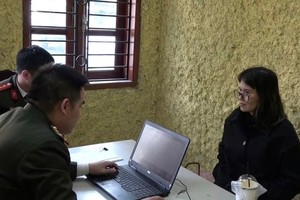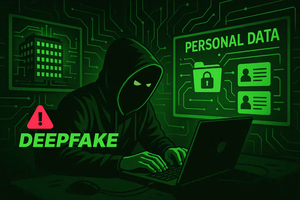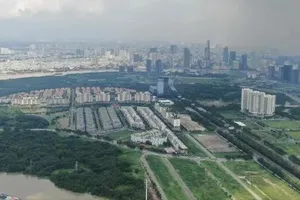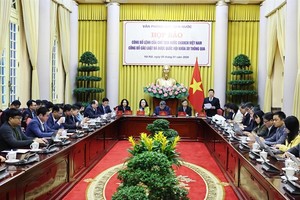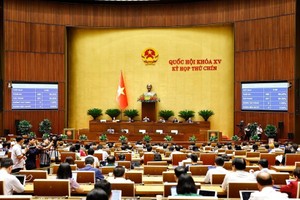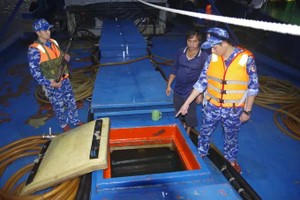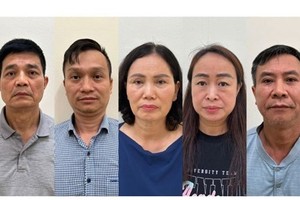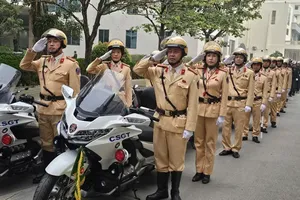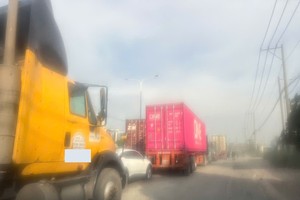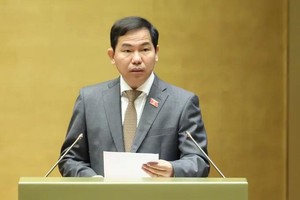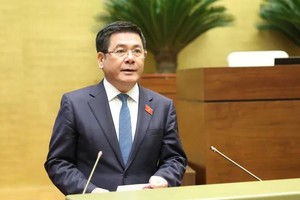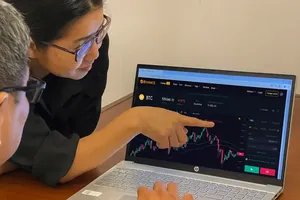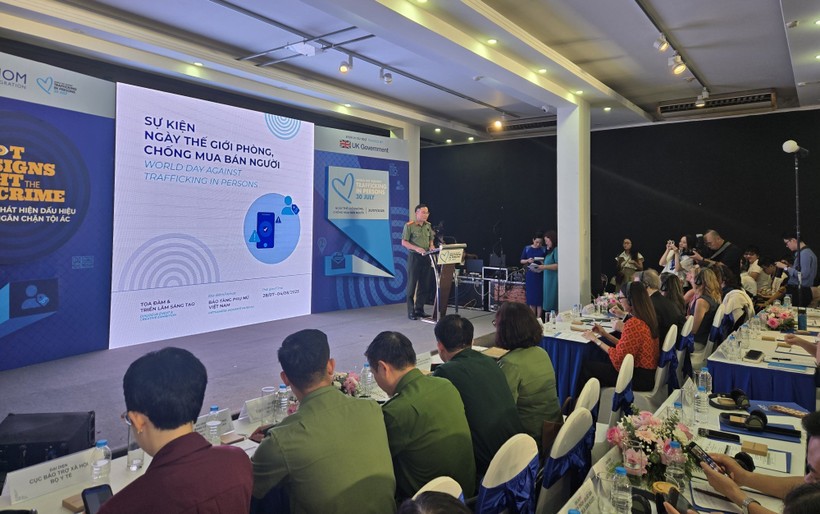
Co-organized by the Ministry of Public Security and the International Organization for Migration (IOM) in Vietnam, the event gathered representatives from government agencies, international organisations, and UN bodies, and cybercrime experts.
Speaking at the opening ceremony, Colonel Le Hoang Duong, Deputy Director of the ministry’s Department of Foreign Relations, stressed that trafficking in persons threatens the socio-economic situation and political security of each nation, and fuels illegal immigration, forced labour, drug and sex trafficking, and cyber fraud.
He called for diversified communication work to educate citizens about trafficking tactics and their long-term impact.
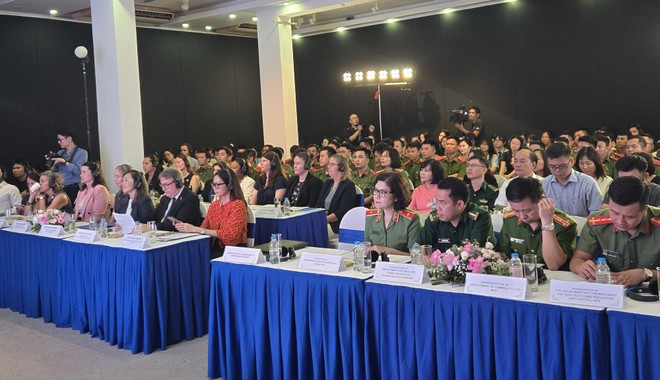
Mitsue Pembroke, Acting Chief of Mission of IOM Vietnam, praised the Vietnamese Government’s ongoing efforts in promoting safe migration and in preventing and controlling human trafficking, with the recent amendment of the 2024 Law on Human Trafficking Prevention and Control.
This is a critical milestone and a strong signal of Vietnam’s commitment to addressing this complex and fast-evolving crime, she said.
She noted that young people, especially those migrating for work or education, are increasingly vulnerable, but also key agents of change.
Pauline Tamesis, UN Resident Coordinator in Vietnam, said that the creativity and digital fluency of young people can power new solutions to prevent trafficking. Investing in youth means empowering them to protect their peers and build resilient communities, she added.
Vietnam is preparing to host the signing ceremony of the Hanoi Convention, the first global treaty to tackle cybercrime, she said, adding that it marks a milestone in international cooperation to combat high-tech crimes, including human trafficking.
On the sidelines of the workshop, a photo and interactive exhibition titled “Spot the Signs – Fight the Crime” runs from July 28 through August 4 at the Vietnam Women’s Museum in Hanoi. Visitors can explore real-life stories, visuals, and data to gain a better understanding of human trafficking as an organised crime and learn practical tools to identify, avoid, and respond to it.
